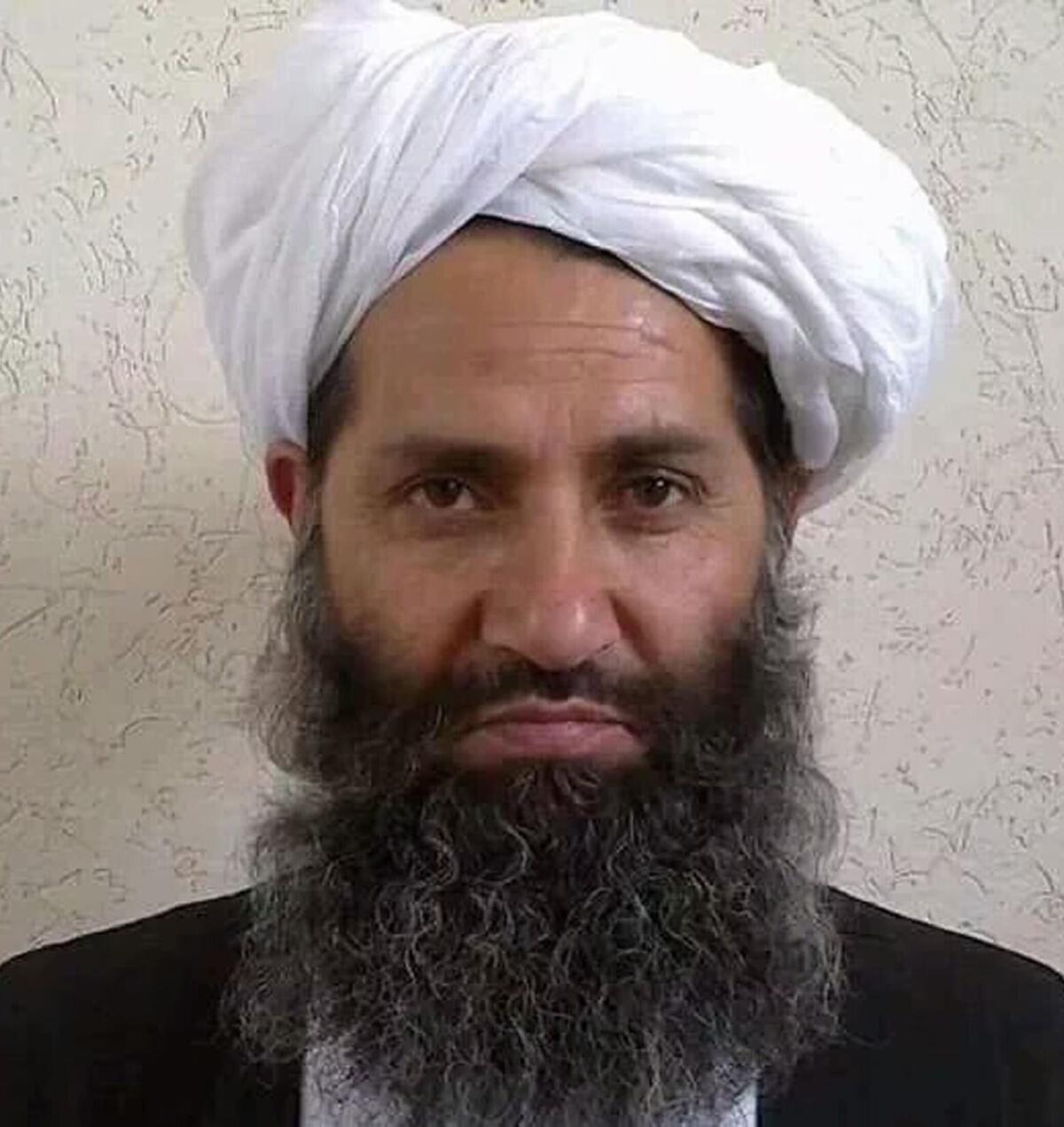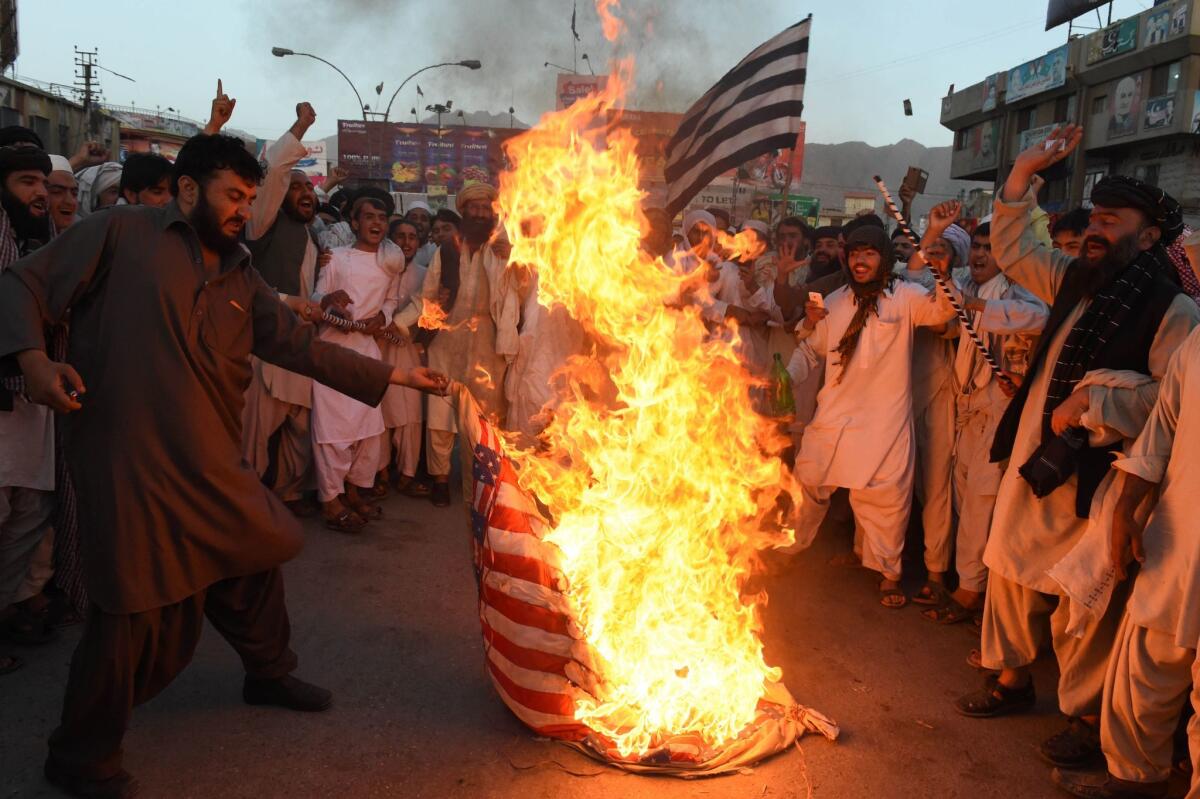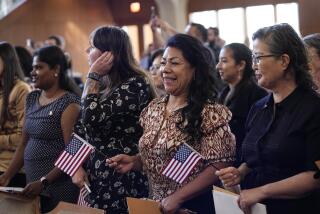New Taliban leader is seen as more a teacher than a fighter, but don’t expect attacks to end
When a drone strike killed Mullah Akhtar Mohammad Mansour last week in Pakistan, analysts expected the Taliban to be plunged into a period of infighting as it sought to select a new leader.
Mansour, after all, had only recently been named the Taliban’s leader, years after his predecessor had died.
The swiftness of naming Mawlawi Haibatullah Akhundzada may speak to basic diplomacy, an effort to hold the Taliban’s rank and file together. At times, the movement has strained under the weight of factions and tribes that have felt unrepresented or have shown signs of breaking away.
Seen as more teacher than a fighter, Akhundzada has gained respect and influence within the Taliban over the years, often designing the religious justifications behind the Taliban’s insurgency and its goal of expelling Western forces from Afghanistan.
When Mansour’s death was confirmed last week, Afghanistan’s Ministry of Interior predicted that the loss of its leader would spell the end for the group.

“He may not have spent much time on the battlefields himself, but he has taught many of the Taliban’s field commanders,” said a source in Pakistan.
Akhundzada is a Pashtun, a member of the Noorzai tribe who grew up near Kandahar in southern Afghanistan, according to Seth Jones, a former U.S. counter-terrorism official now with Rand Corp., the Santa Monica-based think tank.
Coming from a large and influential tribe in the region gives him a pedigree that may help him unite several distinct factions of Taliban loyalists.
“He is viewed as a serious, legitimate leader and religious figure and for the Taliban’s leader, that is a lot more important than battlefield experience,” Jones said. “They have a lot of people who can fight. They don’t have a lot of people who have legitimacy to run the organization.”
His ascension to amir-al-mumineen, or leader of the faithful -- as the group refers to its leader, took many by surprise. The leading candidates, analysts had believed, were Sirajuddin Haqqani and Mullah Yaqub -- far more high-profile figures in the movement. Both ended up becoming Akhundzada’s deputies.
An official in the administration, speaking on condition of anonymity, said that with Haqqani maintaining his role as deputy, Akhundzada may in the end become nothing more than a figurehead.
“The expectation is that Akhundzada will be the public face, but that the tactical decisions determining the ground realities will be made by Haqqani.”
During the Taliban’s six-year rule over Afghanistan in the mid-1990s, Akhundzada served in the judiciary, both in Kabul and his native Kandahar province. While his knowledge of Islam won the respect of top-level Taliban officials --- including the group’s founder and former leader, Mullah Mohammad Omar -- Akhundzada was not among the group’s 33 founding members.

Haqqani had served alongside Akhundzada as a deputy to Mansour and is the leader of the Haqqani network, the group responsible for many deadly attacks in the nation in recent years.
As the Taliban has made increasing use of violent and complex attacks involving suicide bombers and gunmen, Haqqani and his associates are increasingly seen as the masterminds behind the group’s war strategy.
A high-level Afghan security official, who was not authorized to speak to the media, said the audacity of attacks targeting the nation’s urban centers proved that Haqqani had moved up the ranks in the organization.
“The Haqqani side of the Taliban has definitely gained in power and influence over the last year,” the security official said.
U.S. officials expect Haqqani will maintain a major role in military planning and will seek to keep rival commanders working in unison to oust the U.S.-backed government in Kabul.
Bette Dam, an Amsterdam-based author who has spent years researching both Mullah Omar and former President Hamid Karzai, said the acceptance of Haqqani into the Taliban fold is also a departure for the group.
“In the past, everyone knew the Taliban and the Haqqanis were working together, but never publicly acknowledged [it]. The fact that Haqqani has been given such prominence in the last year is a significant shift.”
The other name that quickly surfaced after Mansour’s death was Mullah Yaqub, the twentysomething son of Mullah Omar. Yaqub and his uncle had vehemently opposed the election of Mansour last year.
Yaqub’s selection as deputy is probably a signal to other Taliban factions that they must now rally behind their new leader.
Dam said the two deputies also serve a strategic role.
“It’s a way to appeal to other groups within the Taliban who may have previously felt underrepresented.”
In the end, Dam said, Akhundzada may have served as a consensus candidate.
“Taliban is defeated,” said Sediq Sediqqi, Interior Ministry spokesman. “This year is the year of their end. Whoever succeeds Mansour will face the same fate.”
In response to the news of Akhundzada’s selection, the presidential palace issued a similar warning to the new Taliban leader.
“Taliban groups have yet another opportunity to end and renounce violence, lay down their arms, and resume normal & peaceful life. Otherwise they will face the same fate as their leadership,” the spokesman tweeted.
However, Dam said Mansour’s death -- which was ordered by President Obama -- says more about Washington’s view of peace than anything else.
“For years there has been a split about whether the U.S. wants peace or to eliminate the Taliban,” Dam said. “With Mansour’s death, it seems as if the pro-peace segment lost out.”
Latifi and Sahi are special correspondents. Times staff writer Brian Bennett contributed to this report from Washington.
MORE NEWS ON TALIBAN
Afghan Taliban appoints new leader after Mansour’s death
No more peace talks with Taliban, Afghanistan’s president says
Taliban leader confirmed killed in U.S. airstrike as focus turns to his successor
More to Read
Start your day right
Sign up for Essential California for news, features and recommendations from the L.A. Times and beyond in your inbox six days a week.
You may occasionally receive promotional content from the Los Angeles Times.






